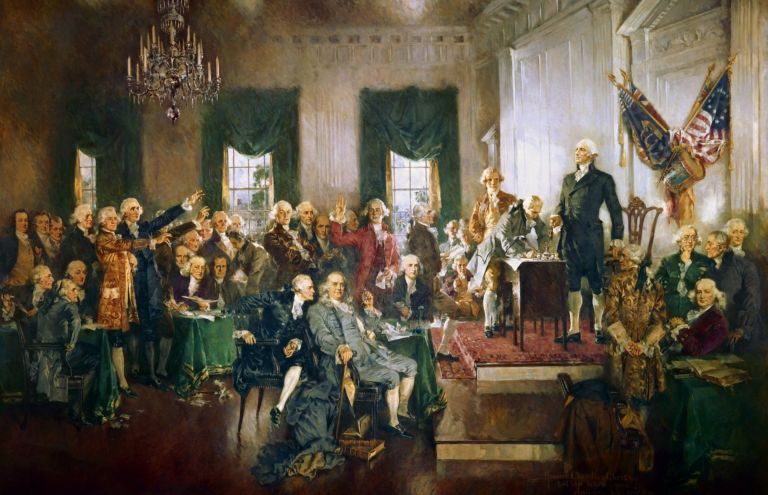Yuval Levin explains why the concepts of freedom and community are intertwined.
The future of freedom is communal. Its past was too, at least in practice, and so is its present. But our way of talking about freedom has long been thoroughly individualistic, in ways that lead us to mistake its true character.
Both its champions and its critics in our time tend to describe freedom as the condition of being independent of anyone else’s authority. As a cultural force, that sort of independence can be very attractive in periods of excessive cohesion, when every voice in our society tells each of us to be more like everyone else. Americans experienced such a time around the middle of the 20th century, and our culture still takes its bearings from that long-gone age to a peculiar degree. But we no longer live in such a moment now. Ours is a time of social dissolution, which many Americans experience personally as isolation and alienation. We are starving for solidarity, so that a freedom that presents itself as the antithesis of solidarity often strikes us as repellant, or at the very least as an answer to a question we aren’t asking. This has persuaded some thoughtful Americans that freedom isn’t what they need or want, which in turn has led some to seek after modes of authority very much at odds with the American political tradition.
But to understand what freedom is, we should begin by reflecting on its central place in that tradition. About a decade ago, the political scientist Carl Eric Scott produced a guide to that subject that deserves to be a classic. In an essay called “The Five Conceptions of American Liberty,” he offered a sketch of American history as told through our evolving definitions of freedom. Scott described “natural-rights liberty,” which we can find in the political thought of the founding; “economic-autonomy liberty,” which was powerful in 19th-century American jurisprudence; “progressive liberty,” which arose in response to growing corporate power in an industrializing society; and “personal-autonomy liberty” which emerged in the late 20th century and combines elements of progressive and economic-autonomy liberty into a radically individualistic and ultimately relativistic social libertarianism.


